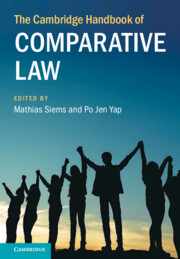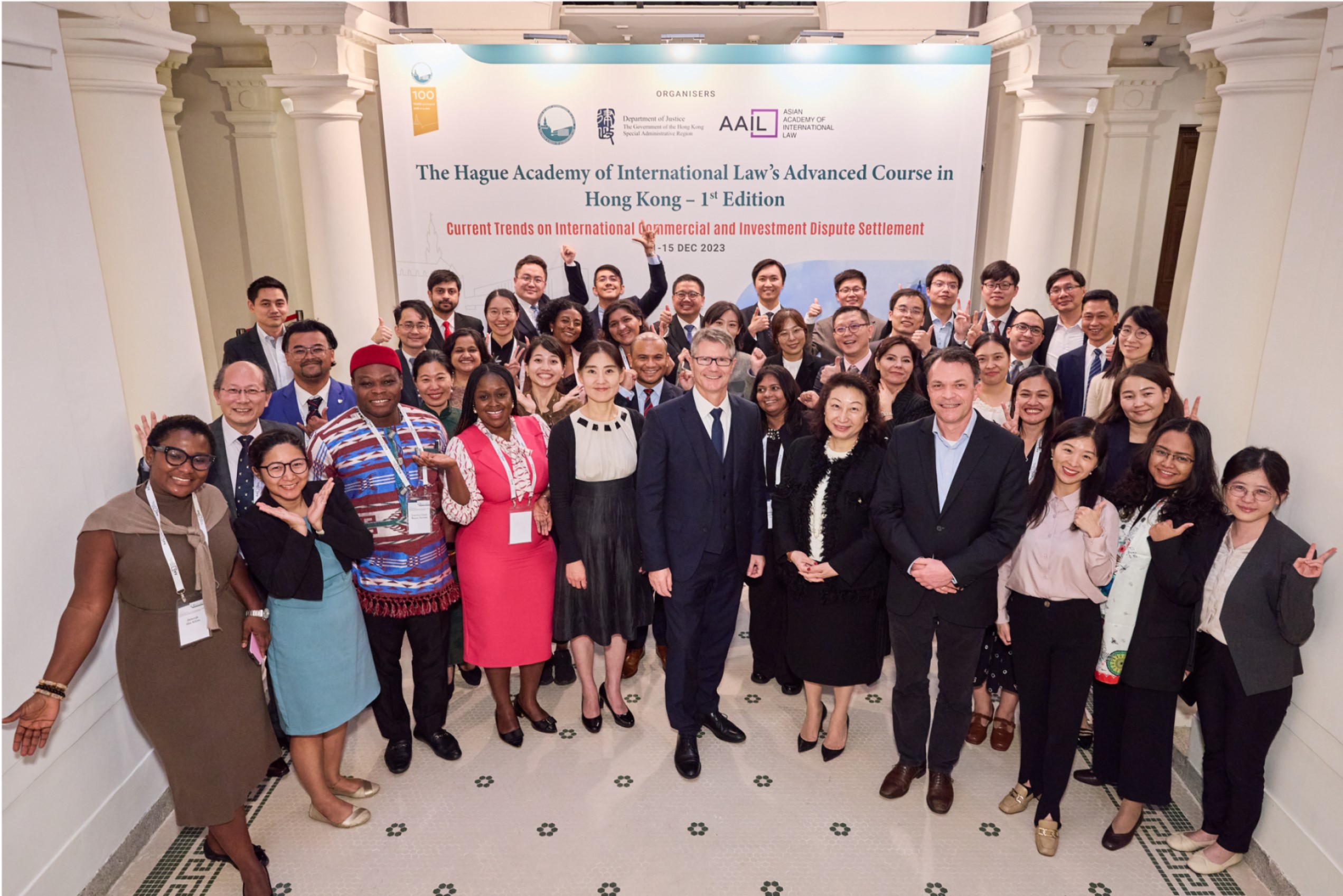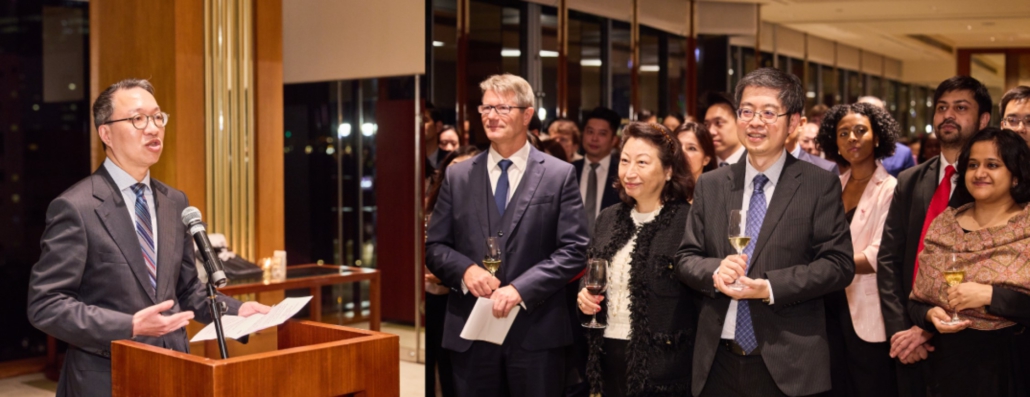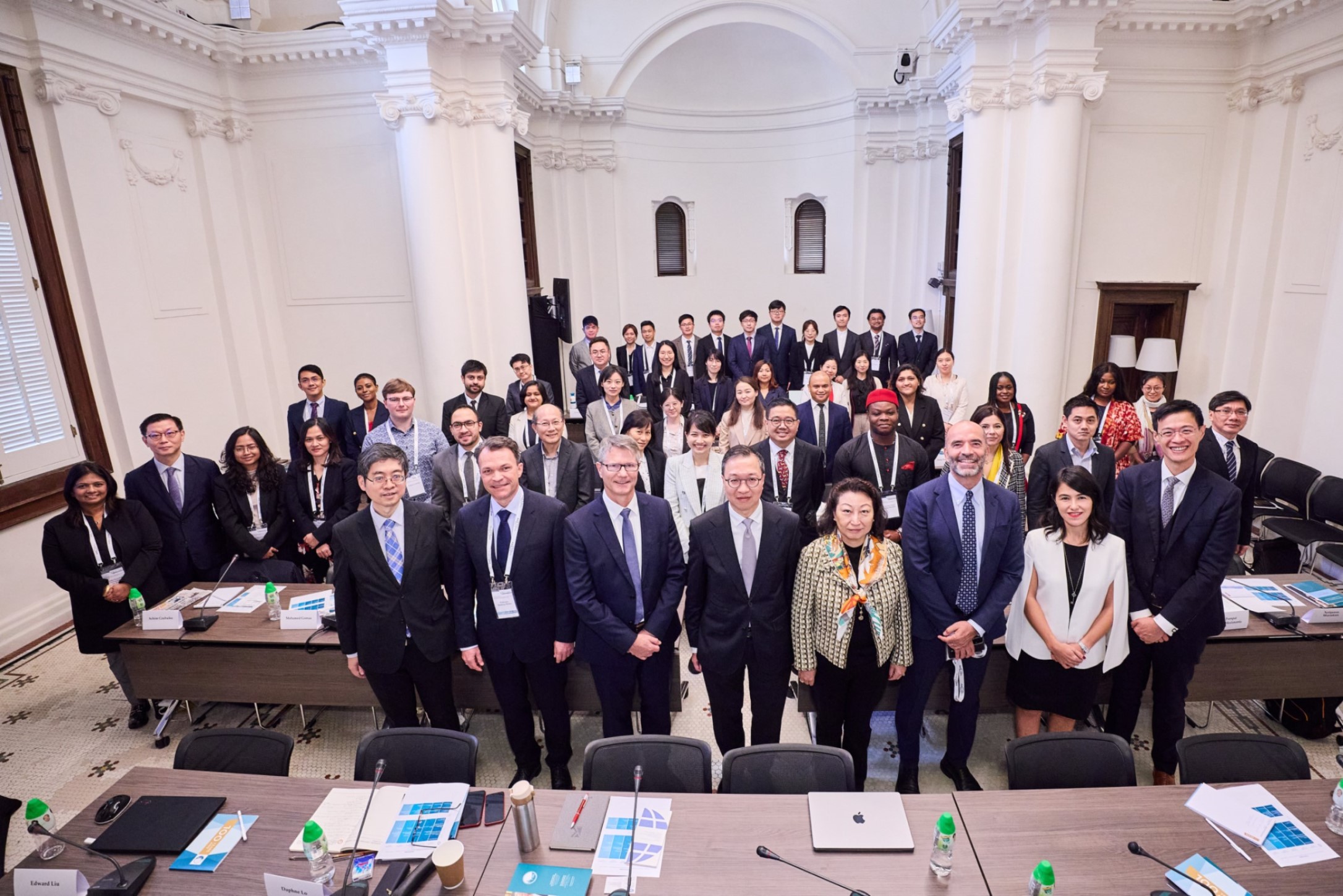The Ruby Princess will be remembered by many Australians with disdain as the floating petri dish that kicked off the spread of COVID-19 in Australia. The ship departed Sydney on 8 March 2020, then returned early on 19 March 2020 after an outbreak. Many passengers became sick. Some died. According to the BBC, the ship was ultimately linked to at least 900 infections and 28 deaths.
Ms Susan Karpik was a passenger on that voyage. She and her husband became very sick; he ended up ventilated, intubated and unconscious in hospital for about four weeks.
Ms Karpik commenced representative proceedings—a class action—in the Federal Court of Australia. She asserted claims in tort and under the Australian Consumer Law (ACL) in schedule 2 to the Competition and Consumer Act 2010 (Cth) (CCA) against companies behind the ship: Carnival plc and its subsidiary, Princess Cruise Lines Ltd (together, Princess). She sought damages for loss and damage allegedly suffered by either passengers of the ship or their relatives.
The case has an obvious cross-border flavour. The respondents are foreign companies: Princess Cruise Lines Ltd is incorporated in Bermuda and headquartered in California; Carnival plc is a UK company which functions together with a Panama-incorporated US-headquartered company, and is dual listed on the New York Stock Exchange and the London Stock Exchange. The ship is registered in Bermuda. The ~2,600 passengers on the diseased voyage included many Australians but also passengers from overseas. They contracted to travel on the cruise in different parts of the world, and according to Princess, were subject to different terms and conditions subject to different systems of law. The cruise itself departed and returned to Sydney but included time outside of Australia, including in New Zealand.
It is unsurprising then that Princess sought to defend the proceedings at a preliminary stage through litigation over where to litigate.
Princess brought an interlocutory application to stay the proceedings as they related to a Canadian passenger, Mr Patrick Ho, who entered the contract with Princess when he was not in Australia. Princess argued that Mr Ho’s contract was subject to different terms and conditions to those that governed the contracts of other Aussie passengers. These ‘US Terms and Conditions’ included a class action waiver clause, a choice of law clause selecting US maritime law, and an exclusive jurisdiction clause selecting US courts. Mr Ho was identified by Ms Karpik as a sub-group representative of those members of the class action that Princess argued were subject to the US Terms and Conditions.
In contesting the stay application, Ms Karpik relied on section 23 of the ACL, which provides among other things that a term of a consumer contract is void if the term is unfair and the contract is a standard form contract. Princess argued that s 23 did not apply to Mr Ho’s contract, given it was made outside Australia.
The primary judge refused the stay application, which was then reversed by the Full Court of the Federal Court of Australia.
On further appeal, the High Court held that ACL s 23 does apply to Mr Ho’s contract, with the result that the class action waiver clause was void: Karpik v Carnival plc [2023] HCA 39. The Court held that there were strong reasons not to give effect to the exclusive foreign jurisdiction clause. Ms Karpik succeeded, meaning that the case may now continue in Australia, even as regards those members of the class action who are not Australian and contracted overseas.
The decision is significant not just for the litigants. It will be commercially significant for foreign businesses that contract with consumers in respect of services that have connections to Australia. For example, it may have serious implications for travel operators, including those who run cruises that stop in Australia. The decision is significant too for private international law nerds like myself, contemplating how to resolve choice of law questions in our age of statutes.
Procedural history
Princess applied to stay the proceedings relying on terms of Mr Ho’s contract with Princess. A Calgary resident, he booked his ticked on the Ruby Princess via a Canadian travel agent in September 2018. By the time the matter came to the High Court, it was not disputed that when he did so, he became a party to a contract subject to the US Terms and Conditions, which contained three clauses of particular relevance.
First, it included a choice of law clause (cl 1):
‘[A]ny and all disputes between Carrier and any Guest shall be governed exclusively and in every respect by the general maritime law of the United States without regard to its choice of law principles … To the extent such maritime law is not applicable, the laws of the State of California (U.S.A.) shall govern the contract, as well as any other claims or disputes arising out of that relationship. You agree this choice of law provision replaces, supersedes and preempts any provision of law of any state or nation to the contrary.’
Second, it included an exclusive foreign jurisdiction clause (cl 15B(i)):
‘Claims for Injury, Illness or Death: All claims or disputes involving Emotional Harm, bodily injury, illness to or death of any Guest whatsoever, including without limitation those arising out of or relating to this Passage Contract or Your Cruise, shall be litigated in and before the United States District Courts for the Central District of California in Los Angeles … to the exclusion of the courts of any other country, state, city, municipality, county or locale. You consent to jurisdiction and waive any objection that may be available to any such action being brought in such courts.’
Third, it included a class action waiver clause (cl 15C):
‘WAIVER OF CLASS ACTION: THIS PASSAGE CONTRACT PROVIDES FOR THE EXCLUSIVE RESOLUTION OF DISPUTES THROUGH INDIVIDUAL LEGAL ACTION ON YOUR OWN BEHALF INSTEAD OF THROUGH ANY CLASS OR REPRESENTATIVE ACTION. EVEN IF THE APPLICABLE LAW PROVIDES OTHERWISE, YOU AGREE THAT ANY ARBITRATION OR LAWSUIT AGAINST CARRIER WHATSOEVER SHALL BE LITIGATED BY YOU INDIVIDUALLY AND NOT AS A MEMBER OF ANY CLASS OR AS PART OF A CLASS OR REPRESENTATIVE ACTION, AND YOU EXPRESSLY AGREE TO WAIVE ANY LAW ENTITLING YOU TO PARTICIPATE IN A CLASS ACTION …’
By its interlocutory application, Princess sought an order that certain questions be heard and determined separately. The questions included whether Mr Ho was bound by the exclusive foreign jurisdiction clause.
At first instance, Ms Karpik argued that Mr Ho was not subject to the US Terms and Conditions, and so denied that the foreign exclusive jurisdiction clause and the class action waiver clause were incorporated into his contract. It was argued in the alternative that those clauses if incorporated were void or otherwise unenforceable.
In July 2021, Stewart J refused the application for a stay as regards Mr Ho on the basis that the US Terms and Conditions were not incorporated into his contract, and held further that if they were incorporated, the class action waiver was void and unenforceable under ACL s 23. Stewart J held there would be strong reasons for not enforcing the exclusive foreign jurisdiction clause even if it were incorporated and enforceable: Karpik v Carnival plc (The Ruby Princess) (Stay Application) [2021] FCA 1082; (2021) 157 ACSR 1, [331].
In September 2022, by majority, the Full Court of the Federal Court allowed the Princess appeal. The Full Court was comprised of judges who are, with respect, well known for their private international law and maritime law expertise: Allsop CJ, Rares J and Derrington J. All three agreed that the primary judge erred in holding that the exclusive foreign jurisdiction clause and the class action waiver clause were not terms of Mr Ho’s contract. Allsop CJ and Derrington J agreed that the clauses were enforceable and not contrary to the policy of Part IVA of the Federal Court of Australia Act 1976 (Cth) which regulates representative proceedings in the Federal Court. Rares J dissented in holding that it was contrary to public policy to permit contracting out of that class actions regime. The majority did not decide on the extraterritorial application of ACL s 23 but enforced the exclusive foreign jurisdiction clause by staying the proceeding as regards Mr Ho’s claim: Carnival plc v Karpik (The Ruby Princess) [2022] FCAFC 149; (2022) 294 FCR 524.
Mrs Karpik obtained special leave. The Attorney-General of the Commonwealth and the Australian Competition and Consumer Commission intervened. The appeal was heard in August 2023.
The High Court was comprised of Gageler CJ, Gordon, Edelman, Gleeson and Jagot JJ. The Court unanimously allowed Ms Karpik’s appeal and re-exercised the primary court’s discretion by refusing to stay the proceedings. The decision may be distilled into three key propositions.
- Section 23 of the ACL had extraterritorial application and applied to the contract between Mr Ho and Princess.
- The class action waiver clause was void under ACL s 23 because it was unfair.
- Although the exclusive foreign jurisdiction clause formed part of the contract, there were strong reasons for not enforcing the clause.
The territorial scope of ACL s 23
The first proposition turned on resolution of difficult issues of private international law, or the conflict of laws.
Princess argued that the application of the ACL in a matter with a foreign element depended first on determining that the law of the forum (lex fori) was the applicable law (lex causae) in accordance with the forum’s choice of law rules.
Where a contract selects a system of foreign law as the applicable law, as this contract did in cl 1, the relevant choice of law rule is that generally, the selected system of law supplies the proper law of the contract, which is the applicable law: see Akai Pty Ltd v The People’s Insurance Co Ltd (1996) 188 CLR 418.
The High Court held that ‘Princess’ submissions incorrectly invert the inquiry’: [22]. Rather, the application of ACL s 23 to Mr Ho’s contract, a contract made outside Australia, was described as ‘a question of statutory construction’: [18]. So the Court construed the ACL as part of the CCA by holding as follows at [26], [34]ff:
- The ACL applies to the extent provided by CCA pt XI: ACL s 1.
- CCA s 131(1), within CCA pt XI, provides that the ACL applies to the conduct of corporations and in relation to contraventions of certain chapters of the ACL by corporations.
- CCA s 5 extends the application of relevant parts of the ACL to conduct engaged in outside Australia, where the conduct outside Australia was by a corporation carrying on business within Australia.
- ACL s 23, as part of ACL pt 2-3, prescribes a norm of conduct. Section 23 in particular addresses adhesion contracts—that is, contracts in which one of the parties enters into a contract on a take-it-or-leave it basis. ACL s 23 protects consumer contracts and small business contracts but not others.
There was no dispute before the High Court that Princess was carrying on business in Australia. (On the role of that jurisdictional hook in Australian legislation, see Douglas, ‘Long-Arm Jurisdiction over Foreign Tech Companies “Carrying on Business” Online: Facebook Inc v Australian Information Commissioner’ (2023) 45(1) Sydney Law Review 109).
The High Court clarified that ACL s 23 should not be considered a generally worded statutory provision: [43]–[44]. Rather, the statute expressly provided for the territorial scope of the ACL via CCA s 5. The Court held that there was no justification to only apply s 23 to situations where the proper law of the contract is Australian law. The Court considered the CCA’s policy objective of consumer protection (CCA s 2) as supporting a construction which would extend protection to Australian consumers with companies even where the contract was for services wholly or predominantly performed overseas: [47], [49].
The class action waiver clause was an unfair term
The US Terms and Conditions were therefore subject to s 23 of the ACL. Was the class action waiver clause ‘unfair’ for the purposes of s 23(1)(a)? The Court applied the definition in ACL s 24(1), which provides:
‘(1) A term of a consumer contract or small business contract is unfair if:
(a) it would cause a significant imbalance in the parties’ rights and obligations arising under the contract; and
(b) it is not reasonably necessary in order to protect the legitimate interests of the party who would be advantaged by the term; and
(c) it would cause detriment (whether financial or otherwise) to a party if it were to be applied or relied on.’
The Court considered that the clause had the effect of preventing or discouraging passengers from vindicating their legal rights where the cost to do so individually and not as part of a class action would be economical. The clause therefore caused a significant imbalance in the parties’ rights and obligations: [54]. The Court held that Princess had not proved that the clause was reasonably necessary in order to protect their interests: [55]–[56]. Further, being denied access to the representative proceedings regime was considered a sufficient detriment: [58].
The Court recognised that courts in the United States have held differently, but considered that the class action waiver clause was unfair, and therefore void under ACL s 23: [60].
The Court further opined in obiter that the class action waiver clause would not be inconsistent with the Federal Court’s representative proceedings regime: [61]–[64].
Strong reasons not to enforce the exclusive foreign jurisdiction clause
Australian courts give effect to the norm of party autonomy by enforcing exclusive foreign jurisdiction clauses in the absence of strong reasons to not enforce such clauses. The primary judge held that there were strong reasons in this case to not enforce the party’s exclusive choice of foreign fora. The High Court agreed.
The Court held that the following ‘strong’ reasons justified denying the application for the stay, as a matter of discretion: first, the class action waiver clause was an unfair term, which corresponded to Mr Ho’s juridical advantage in litigating in Australia in circumstances where he could be denied participation in a class action in the US; and second, the enforcement of the exclusive jurisdiction clause would fracture the litigation: [67]–[69].
Conclusion
The High Court’s decision is significant for its consideration of the territorial scope of ACL s 23. It means that many companies outside of Australia that operate in a way that touches on Australia will have difficulty in contracting out of Australia’s consumer protection regime as regards standard contracts with consumers and small businesses. The decision will be a big deal for businesses like Princess, who operate travel services that involve Australia.
Theoretically, the Australian consumer protection regime could apply to regulate contracts between persons who are not Australian, with limited connection to Australia, and in respect of transactions with subject matter with a closer connection to places other than Australia. But as the High Court recognised at [50], the practical significance of this possibility should not be overstated. Forum non conveniens should operate to limit the prosecution of those kinds of claims.
On the other hand, Australia’s parochial approach to that doctrine via the ‘clearly inappropriate forum’ test could mean that in some cases, it is worth it for foreigners to have a crack in an Australian forum over subject matter with a tenuous connection to Australia. Strong consumer protection may provide the ‘legitimate juridical advantage’ by reference to which a court may decline a stay application in a matter with a foreign element: see generally Garnett, ‘Stay of Proceedings in Australia: A “Clearly Inappropriate” Test?’ (1999) 23(1) Melbourne University Law Review 30.
The case is similarly significant for its treatment of class action waivers within the framework of the ACL. Contracts with consumers are the kind in which such clauses have the most work to do: these are contracting parties who may not sue at all unless they are part of representative proceedings. Australia’s plaintiff-focused class action lawyers should be licking their lips.
For me, the case is most significant for its approach to choice of law. The High Court has now expressly endorsed an approach that has been applied in a number of cases and described by some as ‘statutist’. I’ve previously argued that the statute-first approach to choice of law should be orthodox in the Australian legal system: Douglas, ‘Does Choice of Law Matter?’ (2021) 28 Australian International Law Journal 1; an approach which now appears right, if I do say so myself. Australian private international law may seem incoherent when viewed within the theoretical framework of multilateralism espoused by the likes of Savigny. But it makes sense when you approach matters with foreign elements with regard to our usual constitutional principles.
In Australian courts, all Australian statutes are ‘mandatory’, even in matters with a foreign element—there is no such thing as ‘mandatory law’. In every case where a forum statute is involved, the question is whether the statute applies. Statutory interpretation is the primary tool to resolve such questions.





